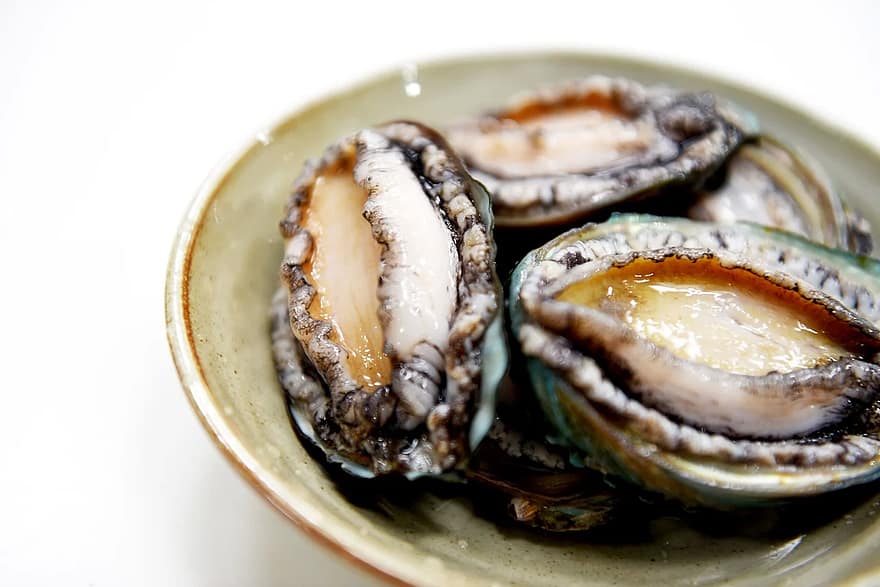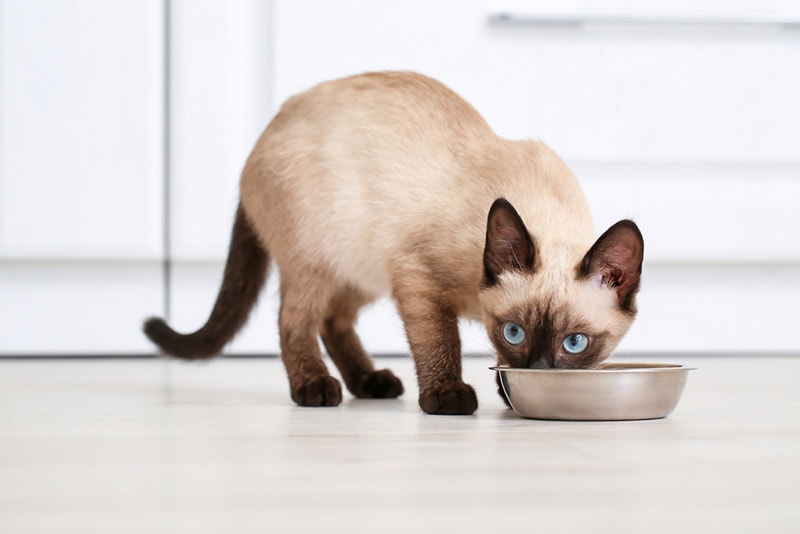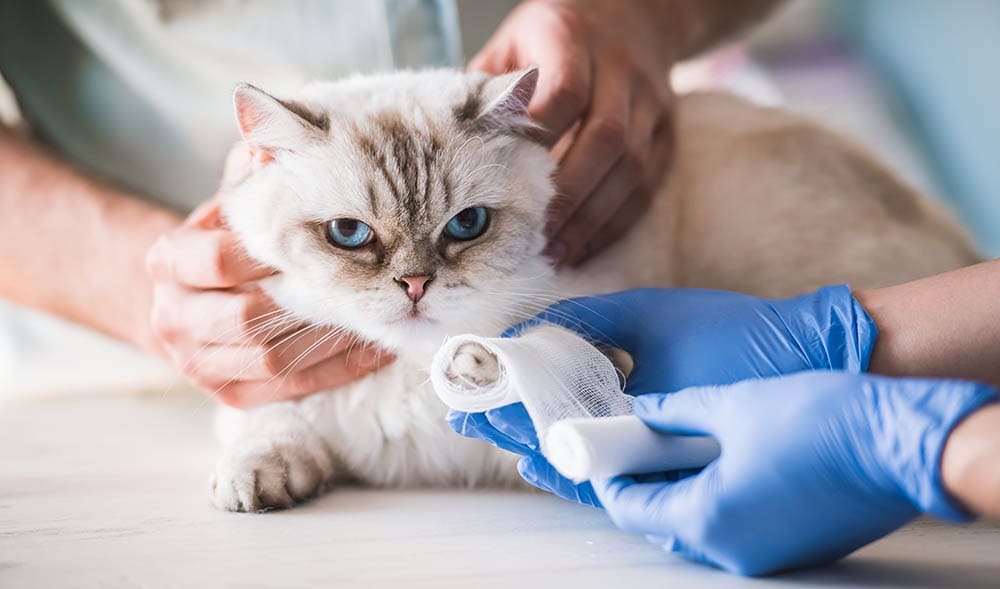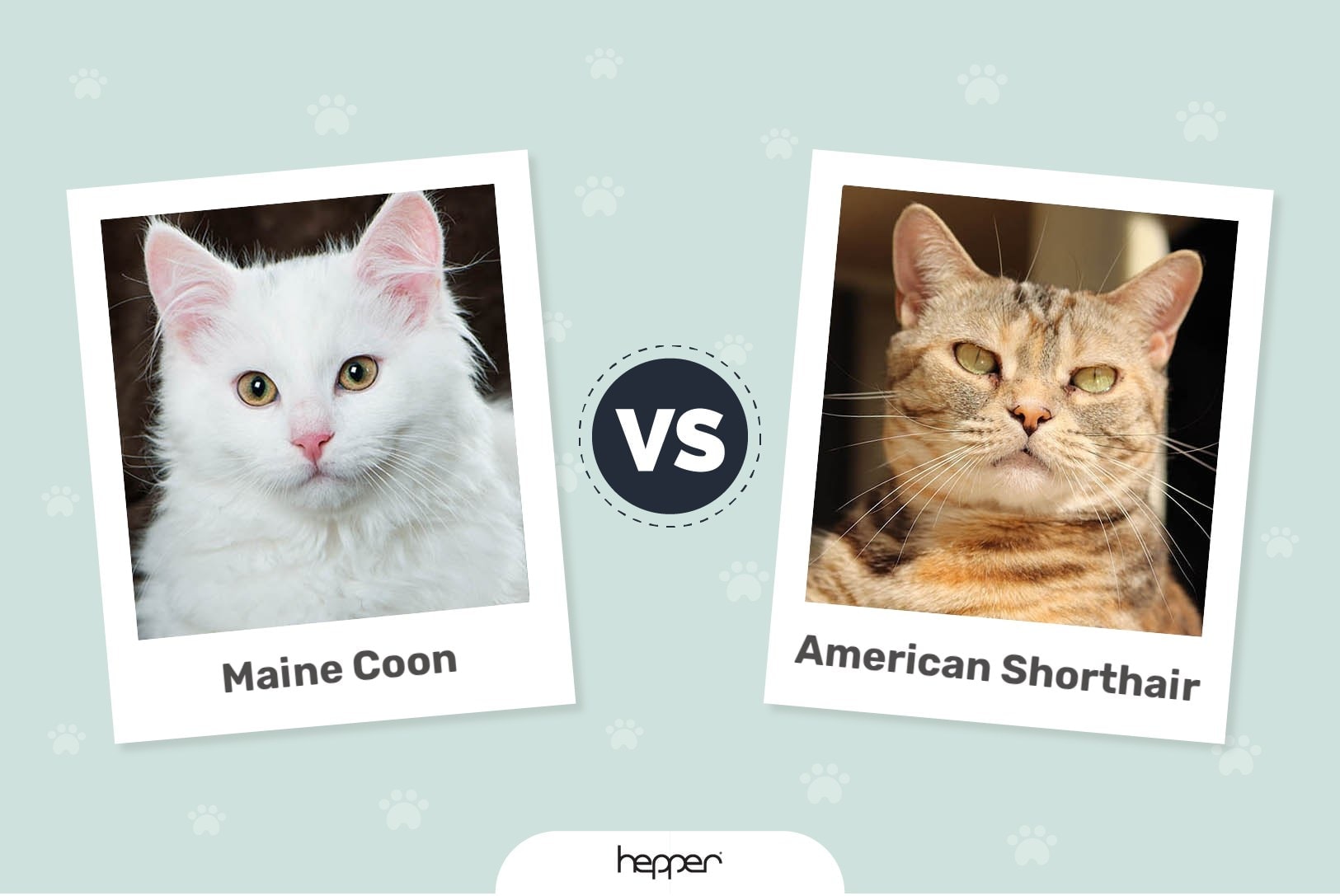Can Cats Eat Oysters? Vet-Approved Nutritional Facts & FAQ
By Ashley Bates
Updated on

Click to Skip Ahead
We all know that our sweet kitties go gaga over seafood—so, it’s natural to wonder what they can snack on. Of course, you probably don’t want to know about oysters as a primary diet, but what about an occasional snack? The answer is yes, cats could eat oysters, but you have to take some precautions.
What Are Oysters?
Oysters are bivalve mollusks with irregular shells. When you think of an oyster, pearls, or seafood dishes might come to mind. Oysters are both wild-caught and farmed for these purposes.
Oysters are typically prepared raw, though some are served cooked. While this might seem like a tasty treat your cat would enjoy, it could have negative consequences on your feline.
Oyster Nutrition Facts
Per 6 medium oysters
- Calories: 175
- Total Fat: 11 g
- Cholesterol: 62 mg
- Sodium: 367 mg
- Potassium: 215 mg
- Total Carbohydrates: 10 g
- Protein: 8 g
- Vitamin C: 3.3 mg
- Iron: 6.1 mg
- Magnesium: 18 mg
- Calcium: 54,6 mg
- Cobalamin: 25 mcg

Raw Oyster Bacteria
Often, oysters are served raw. While cats will be immediately drawn to their savory flavor and intense aroma, uncooked oysters carry a bacteria called vibrio vulnificus. If this bacterium gets into your cat’s intestinal tract, it can cause problems such as vomiting, diarrhea, dehydration, and even death.
Once an oyster is boiled, this bacterium dies rapidly.
If your cat gets into your seafood dinner when you aren’t aware, and the oysters were raw keep a close eye on your kitty. If you notice any sign of gastrointestinal infection such as vomiting, diarrhea, or behavioral changes it is safer to visit the vet.
Seafood Allergies
In addition, certain kitties can be highly sensitive to shellfish. Like any other protein, a sensitivity or allergic reaction is another possible risk. While allergic reactions are often simply a small annoyance, the reaction should pass and will not reappear as long as the cat is not ingesting oysters.
Oysters Aren’t All Bad
Although we don’t condone feeding your cat oysters in any way, it is a shame they can’t have them for a frequent snack. Oysters contain incredible components like omega-3 fatty acids and high protein. In fact, there are many benefits for humans who eat oysters. You can read more about that here.
Luckily, cats can reap the same benefits with perfectly safe foods you can offer them at home.

What to Do If Your Cat Ate Oysters
There is no need to panic if your cat ate an oyster, especially if it was cooked. Keep the cat under close observation for a couple of hours and if you see any signs of physical discomfort or stress, gastrointestinal symptoms, or an allergic reaction, bring the cat to the vet. The vet can give you exact instructions based on your unique situation.
However, if your cat is already showing signs of discomfort, don’t hesitate to take them in for evaluation.
Cats and Oysters: Final Thoughts
Even though cats crave seafood, oysters should be taken with precautions and moderation. If they had a very tiny amount, and the oyster was cooked it likely won’t have any serious negative consequences.
See also:
- Can Cats Eat Fish Bones? What You Need To Know!
- What Kinds of Fish Can Cats Eat? Vet-Reviewed Facts & FAQ
Featured Image Credit: Pxfuel












